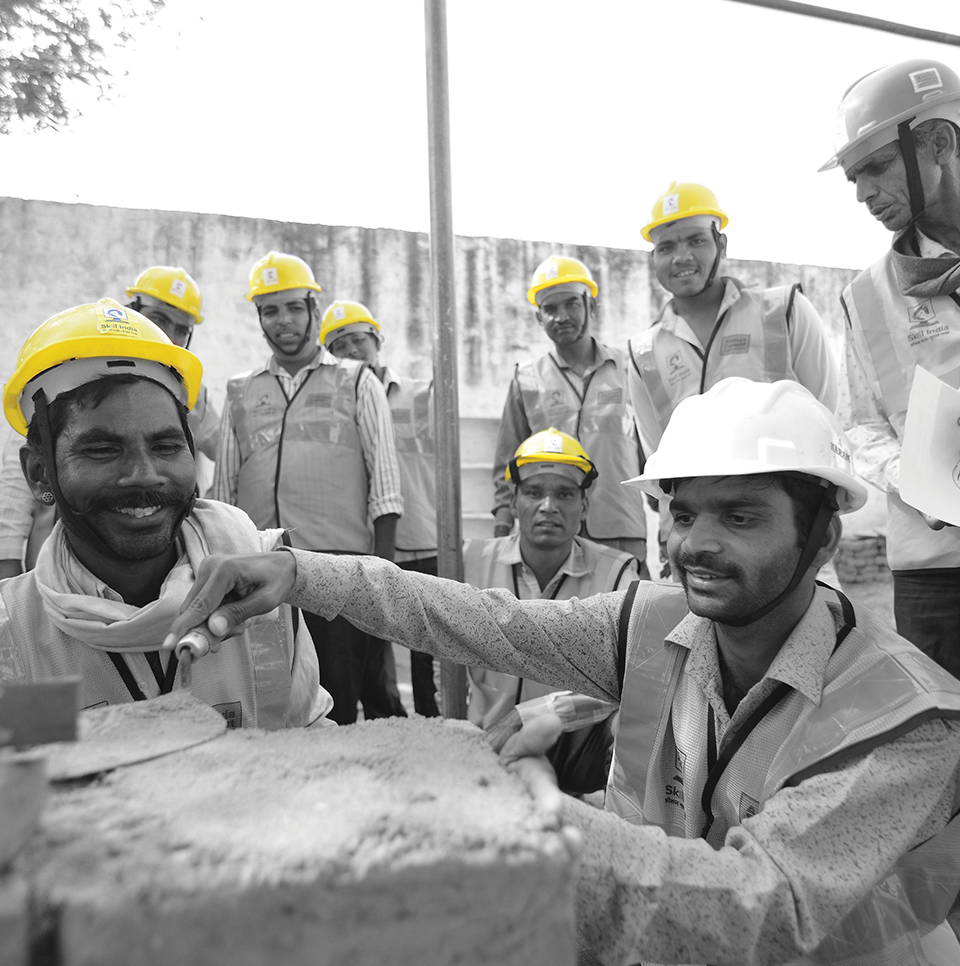


We embrace a stakeholder-centric approach that thrives on collaboration, trust, and long-term value creation. Our unwavering commitment to integrity and transparency underpins meaningful relationships with those we serve and partner with. We ensure that our business goals reflect the evolving needs of society, the environment, and our stakeholders, powering inclusive and enduring growth.
Categories of key stakeholders identified
at regular intervals
Essential Indicators
The successful involvement of our stakeholders is essential
to the achievement of our strategic goals because
it provides us with the opportunity to understand their
expectations, respond to their concerns, and assist us
in prioritising the areas in which we should be
concentrating our efforts. Our mechanism for engaging with
stakeholders is governed by our Stakeholder Engagement
Policy (https://www.ambujacement.com/Upload/PDF/Ambuja-Stakeholder-Engagement-policy-18-oct.pdf),
which is further aligned with global best practises.
Ambuja identifies its stakeholders as groups and
individuals, who can influence or / are impacted by our
operations / activities, change in technology, regulations,
market and societal trends either directly or indirectly.
Stakeholders comprise of communities, employees, supply
chain partners, customers, investors, regulators, industrial
organisations etc.
Against each group, the potential ways in which stakeholders
will be affected as well as the magnitude of both the
actual and perceived impacts have been determined. This
assists the company in developing a bespoke plan for
engaging with stakeholders, which can then be kept up to
date as and when is necessary.
Throughout the course of the year, we maintain
ongoing dialogue with the stakeholders by utilising a
variety of
channels of contact. The insights that we gain from these
projects are tremendously helpful, because they allow us
to continually enhance both our strategy and our operations.
The process of engaging stakeholders also includes
regular feedback and grievance redressal methods, both of
which are vital components of the process.
|
Stakeholder
Group
|
Whether
identified as
Vulnerable &
Marginalised
Group
(Yes/No)
|
Channels
of communication
(Email, SMS, Newspaper,
Pamphlets, Advertisement,
Community Meetings, Notice
Board, Website), Other
|
Frequency
of
engagement
(Annually / Half
yearly / Quarterly
/ others – please
specify)
|
Purpose
and scope of
engagement including key
topics and concerns raised
during such engagement
|
|---|---|---|---|---|
|
Shareholders
and Investors
|
No
|
|
|
|
|
Channel
Partners
|
No
|
|
|
|
|
Government
& Regulatory
Authorities |
No
|
|
|
|
|
Customers
|
Yes
|
|
|
|
|
Employees
|
No
|
|
|
|
|
Suppliers
|
Yes
|
|
|
|
|
Community
|
Yes
|
|
|
|
|
Media
|
No
|
|
|
|
|
Construction
professionals
|
No
|
|
|
|
|
Industry
Association
|
No
|
|
|
|



